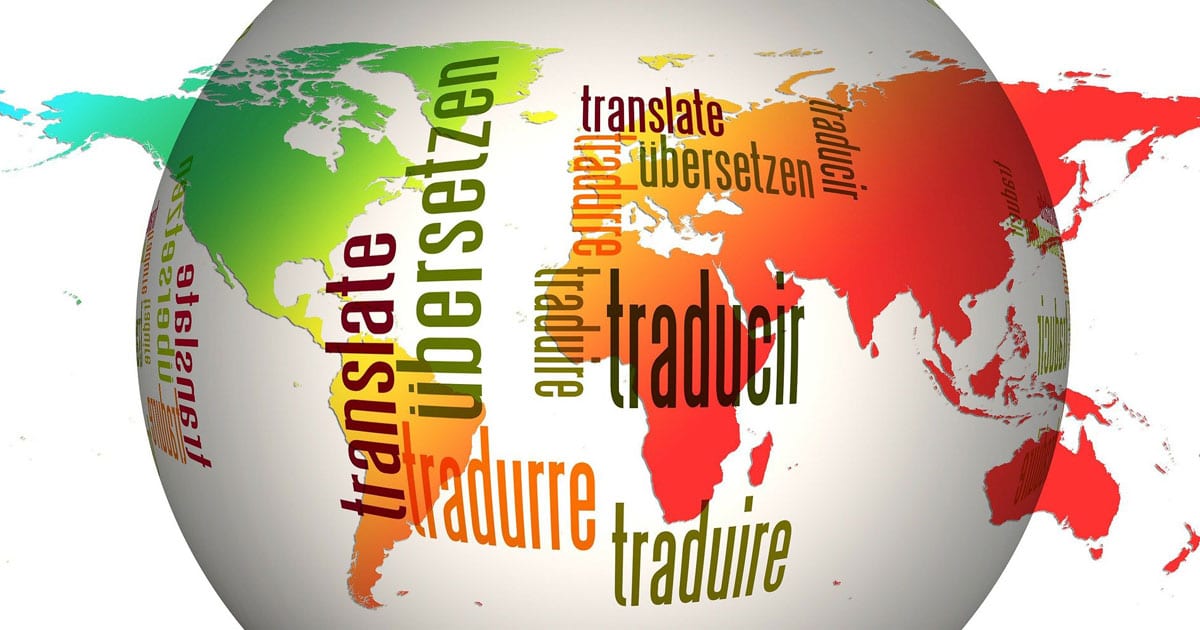Language barriers refer to any limitations in linguistic communication (can involve cultural and national languages, including dialects and sign language) that can cause non-comprehension or confusion. Languages can be learned, yes. But to fully master a language, one needs discipline, structure, and the willpower to persevere through all types of everyday challenges – whether it’s writing a formal letter to a company for employment purposes or greeting your foreign mother-in-law in their native language.
So here are some useful tips for all of you to push on and break whatever language barrier you have, regardless of where you may be.

1. Take your time! And ask the other person to do so as well.
Slow down and take a moment. And don’t talk too fast. Whether you’re on the phone or physically present, remember to be conscious of how you speak and how fast you’re speaking. Feel free to break your sentences down into short, digestible parts. Also, give your listener time to hear and digest your words as you go. You can also ask the one you’re speaking to slow down as well! If the person you’re speaking to is a fast talker or if you’re having a hard time understanding their accent, you can tell them. Making it about yourself is also a good way to avoid offending others. You can say something about your accent or way of speaking to break the ice or build common ground with the one you’re speaking to.
2. Be respectful.
Language barriers, like all communication barriers, can be frustrating. They require conscientiousness, patience, and respect for your fellows. Keep in mind that when someone is having a hard time expressing themselves in another language or your language, it has nothing to do with their intelligence or competence. Just keep attempting to communicate with them as both of you search for common ground. Eventually, you’ll be able to understand each other (especially after you’ve gone through this list). If you’re in the Philippines, regardless of whether you have a Philippine language translator or not, be respectful to others and be interested in whatever anyone wants to say. You may respectfully ask other nations’ citizens about their culture while not forcing or projecting your cultural ways on them. Admit to yourself that you are still learning. Remember, everyone has a lot to learn from each other.
3. The simpler, the better!
If you aren’t fluent in the language you’re attempting to communicate with, use simple language! Whether you’re working with someone who understands your primary language or you’re trying to relay a rather complex problem to coworkers who use another primary language, using plain language is ideal, especially for a diverse environment. So many people use “big” words to make themselves sound more intelligent, but that doesn’t help them in the long run. Using such words only allows for miscommunication and misunderstandings to happen. Overly creative language can also make other people feel bad or “less than” because they can’t understand you. Avoid idioms or figures of speech – unless you’re fluent, of course.
4. Pay attention to what you’re showing aside from telling.
If you have the privilege of talking to someone in person, without a mask, pay attention to how both of you are non-verbally communicating. Your facial expressions, proximity to each other, hand and body movements can all mean something. When words fail us, showing can be a lot more effective than telling. Visual cues are invaluable for getting everyone on the same page. Other examples of visual cues or methods of communication include pictures, diagrams, and hand signals. But remember, some “common” body movements or hand signs (e.g., the peace sign) may be considered vulgar in some countries.
5. Always remember that it’s okay to make mistakes.
When learning or trying something new, it’s always important to empty yourself of pride and be open to the whole experience. And that includes making mistakes. Humble yourself. Don’t be afraid to ask for help. For example, let the person you’re speaking with know if they used a word you don’t understand.
